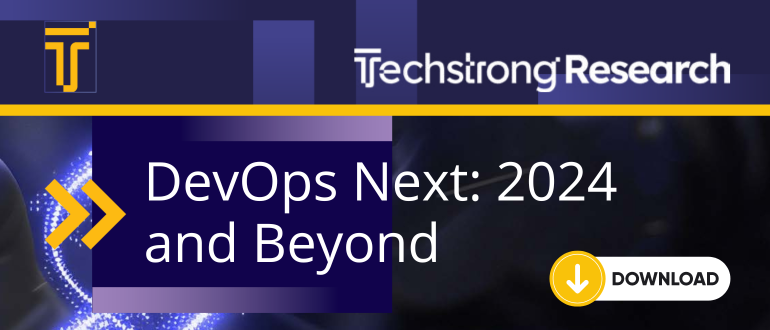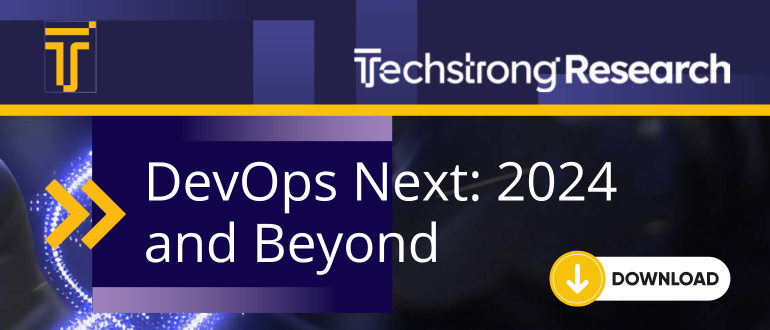
2024-10-18 04:19:34 Author: securityboulevard.com(查看原文) 阅读量:2 收藏
How emerging technologies like AI, quantum computing, and the Internet of Things (IoT) are developed and deployed is has to change to address the rapidly evolving cyberthreat landscape they are creating, according to the World Economic Forum (WEF).
More than 200 such emerging and critical technologies, which include the likes of biotechnology, blockchain, autonomous systems, and cryptocurrency, are increasing cybersecurity risks by creating new vulnerabilities and complexities that traditional protections can’t address, the international non-governmental organization (NGO) wrote in a 27-page report released this week.
What’s needed as these technologies develop is a move away from the current “security by design” efforts – a mindset advocated by CISA and other U.S. and international government security agencies and most tech companies that calls for embedding security features into technologies from the start – to “resilience by design,” which the WEF said goes further to ensure that systems can withstand and recover from attacks that will inevitably occur as the technologies mature and proliferate.
“The increasing interconnectivity of these technologies results in a more complex and dynamic threat landscape,” the organization wrote in its report, “Navigating Cyber Resilience in the Age of Emerging Technologies.” “A breach in one system can trigger cascading effects across multiple interconnected networks, potentially disrupting critical infrastructure and services on a massive scale. This interconnectedness, while beneficial for operational efficiency, necessitates a comprehensive and adaptive approach to cybersecurity – one that not only protects against potential breaches but also ensures robust recovery mechanisms to maintain continuity and trust in digital systems.”
The promises to get more challenging, the report’s authors wrote, noting that by 2030, there is projected to be 32 billion connected devices, with each one representing a potential vulnerability that will require strong security and comprehensive monitoring.
The report was released during the WEF’s Annual Meeting of the Global Futures Council, which is the organization’s network of more than 1,000 experts from academia, government, and other disciplines who discuss the future, including emerging technologies. AI was a major focus on the group during the meeting this week in Dubai.
Innovation Outpacing Security Development
There are other factors beyond connectivity that are fueling the need for a shift in technology development. The speed of innovation is outpacing the development of both security measures and regulatory frameworks, which in turn create gaps in governance that lead to inconsistent cybersecurity. There also is a growing shortage of cybersecurity professionals who know about emerging technologies.
“This skills gap highlights the importance of building a resilient workforce capable of addressing the complexities of next-generation cyberthreats,” they wrote.
Thus the need for what the WEF sees as a sharp change of direction toward resilience.
“It involves building systems that are not only secure but also flexible and adaptive, capable of evolving in response to new threats,” the authors wrote. “This approach emphasizes continuous monitoring, rapid response and the ability to learn from incidents to strengthen defences over time. … By focusing on resilience rather than mere security, organizations can better navigate the complex and evolving technological landscape.”
Other requirements include creating a culture of continuous improvement – learning from previous incidents to drive future strategies – and collaboration among the tech companies, partners, governments, and other stakeholders.
Arms Races, Legal Challenges are Concerns
The cybersecurity concerns regarding emerging technologies are complex and interrelated, ranging from technological arms races and ethical and legal challenges to a digital divide between developed and developing nations, economic impacts, geopolitical shifts, regulatory challenges, and an expanded attack surface.
The report notes that these technologies carry both benefits and risks that need to be recognized. Data in the age of quantum computing is an example, with the development of quantum-resistant encryption and the continued threat to current encryption standards. They noted that threat actors already are stealing encrypted data now with the expectation that they will be able to decrypt it when quantum computing becomes widely available.
The WEF laid out a range of recommendations, including investing in R&D in such areas as new cryptographic techniques and AI-based security tools, strengthening collaboration among industry players, governments, and academia around cybersecurity, regulatory reform, and cyber-resilience planning, including developing and testing incident response plans that account for emerging threats.
There also will be the need for new governance frameworks, continuous monitoring, and adaptation to changing risk environments.
“Resilience by design is a paradigm-shifting approach; it requires organizations and policy-makers to broaden their focus from merely improving cybersecurity to a full spectrum of advancing cyber resilience,” Akshay Joshi, head of the forum’s Centre for Cybersecurity, said in a statement. “It involves building systems that are not only secure, but also flexible and adaptive, with the ability to evolve in response to emerging threats.”
Recent Articles By Author
如有侵权请联系:admin#unsafe.sh

